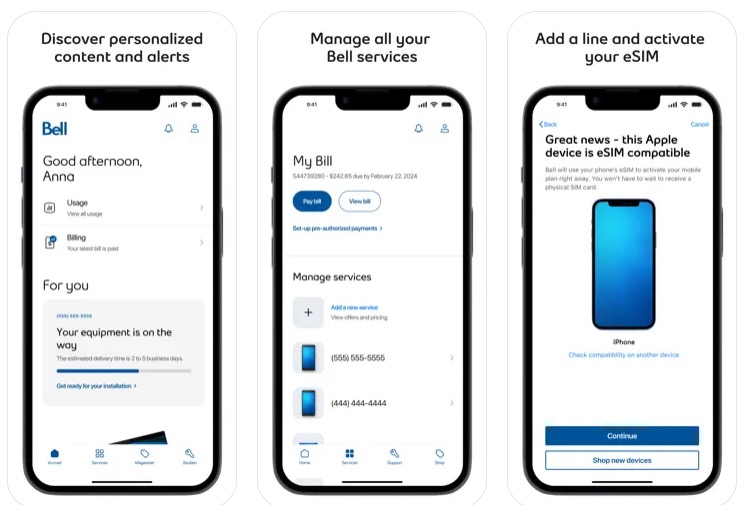
Bell Says ISPs in Quebec Internet Project Need to ‘Step Up Their Game’
Bell says internet service providers involved with the Quebec government’s Operation High Speed to need to “step up their game,” or the project may face delays.
The telco said Tuesday while most ISPs are “taking the project process seriously and have accelerated their infrastructure access requests, many are facing significant challenges that could impact project delivery.”
Bell highlighted how with one year to go before the September 30, 2022 deadline, there are numerous ISPs “far from delivering the access requests at the necessary pace.”
The company says it has received “barely half of the requests required in the agreements with the Québec government,” but a backlog has started, despite the pace having improved as of late.
Bell says it is keeping the Quebec government informed weekly of the project updates, specifically infrastructure access requests; it is also helping ISPs that are experiencing delays.
“For the ISPs who are working to make Operation High Speed a reality, the coordinated infrastructure permit process is working very well and we thank them for moving the project forward, however, the permit requests received to date are not sufficient,” said Karine Moses, Bell’s Vice Chair, Québec, in a statement.
“The tight timeline set out in the agreements for the full deployment of high-speed Internet causes significant challenges, compounded by a shortage of skilled labour, such as pole planters and other specialized professionals at the heart of the necessary infrastructure work, in addition to the impacts of the COVID-19 crisis on the supply chain. This only further underscores the need for all ISPs involved to step up their game quickly, otherwise we may collectively face the unfortunate prospect of seeing the Operation High-Speed deadline pushed back significantly,” added Moses.
Operation High Speed was announced back in March, a collaboration between the federal government and Quebec, to expand high-speed internet to 150,000 homes, at a cost of $826 million ($5,506 per home). Participating ISPs include Vidéotron, Cogeco, Bell, Xplornet, Sogetel, and Telus.
Those in rural areas waiting for high-speed internet may be better off signing up for SpaceX’s Starlink satellite internet, which costs $649 CAD for hardware, while service is at $129 CAD per month, with download speeds in the 150 Mbps range or so.


